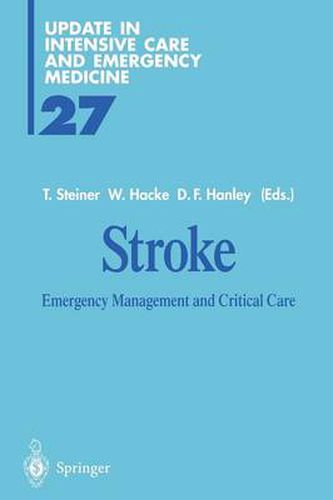Readings Newsletter
Become a Readings Member to make your shopping experience even easier.
Sign in or sign up for free!
You’re not far away from qualifying for FREE standard shipping within Australia
You’ve qualified for FREE standard shipping within Australia
The cart is loading…






This title is printed to order. This book may have been self-published. If so, we cannot guarantee the quality of the content. In the main most books will have gone through the editing process however some may not. We therefore suggest that you be aware of this before ordering this book. If in doubt check either the author or publisher’s details as we are unable to accept any returns unless they are faulty. Please contact us if you have any questions.
The manuscripts in this book were generated from a conference occurring at the University of Heidelberg in September 1996. These manuscripts have been reviewed and updated by the designated authors in late 1997 for publication in early 1998. Conferences occur for a variety of reasons. These include the need to exchange information where complex activities are undergoing reassessment or change. For the emergency and critical care man agement of stroke this is certainly the situation. Today, both the pri mary care and the neurologic physician must provide medical care in an environment where daily change in the knowledge base of: brain function, disease mechanism(s), therapeutic efficacy, and cost control are all occurring. In addition, patient advocacy has become increasingly complex because government, employers, insurers, health care providers as well as families all desire a voice in the phy sician relationship with the patient. Our conference subject was the organization of rapid care delivery and the development of a ration al basis for treatment of a previously untreatable disorder acute stroke. Thus, the obvious need for multiple open and free discus sions about priority setting and modification of current treatment plans. Clearly, the face to face opportunities provided by this first conference on Emergency Management And Critical Care Of Stroke (EMACCOS) are required when patient care issues are as complex as these. Neuroscience is new to the experience of active therapeutic inter vention.
$9.00 standard shipping within Australia
FREE standard shipping within Australia for orders over $100.00
Express & International shipping calculated at checkout
This title is printed to order. This book may have been self-published. If so, we cannot guarantee the quality of the content. In the main most books will have gone through the editing process however some may not. We therefore suggest that you be aware of this before ordering this book. If in doubt check either the author or publisher’s details as we are unable to accept any returns unless they are faulty. Please contact us if you have any questions.
The manuscripts in this book were generated from a conference occurring at the University of Heidelberg in September 1996. These manuscripts have been reviewed and updated by the designated authors in late 1997 for publication in early 1998. Conferences occur for a variety of reasons. These include the need to exchange information where complex activities are undergoing reassessment or change. For the emergency and critical care man agement of stroke this is certainly the situation. Today, both the pri mary care and the neurologic physician must provide medical care in an environment where daily change in the knowledge base of: brain function, disease mechanism(s), therapeutic efficacy, and cost control are all occurring. In addition, patient advocacy has become increasingly complex because government, employers, insurers, health care providers as well as families all desire a voice in the phy sician relationship with the patient. Our conference subject was the organization of rapid care delivery and the development of a ration al basis for treatment of a previously untreatable disorder acute stroke. Thus, the obvious need for multiple open and free discus sions about priority setting and modification of current treatment plans. Clearly, the face to face opportunities provided by this first conference on Emergency Management And Critical Care Of Stroke (EMACCOS) are required when patient care issues are as complex as these. Neuroscience is new to the experience of active therapeutic inter vention.